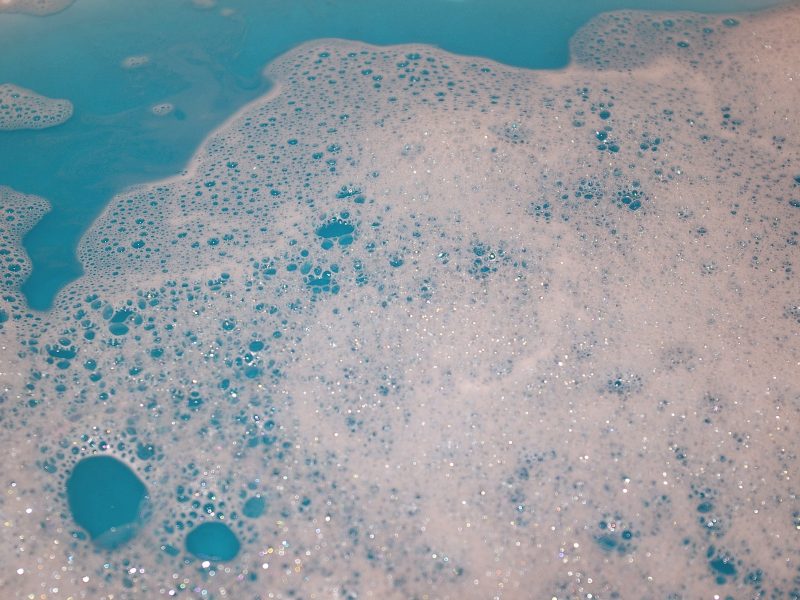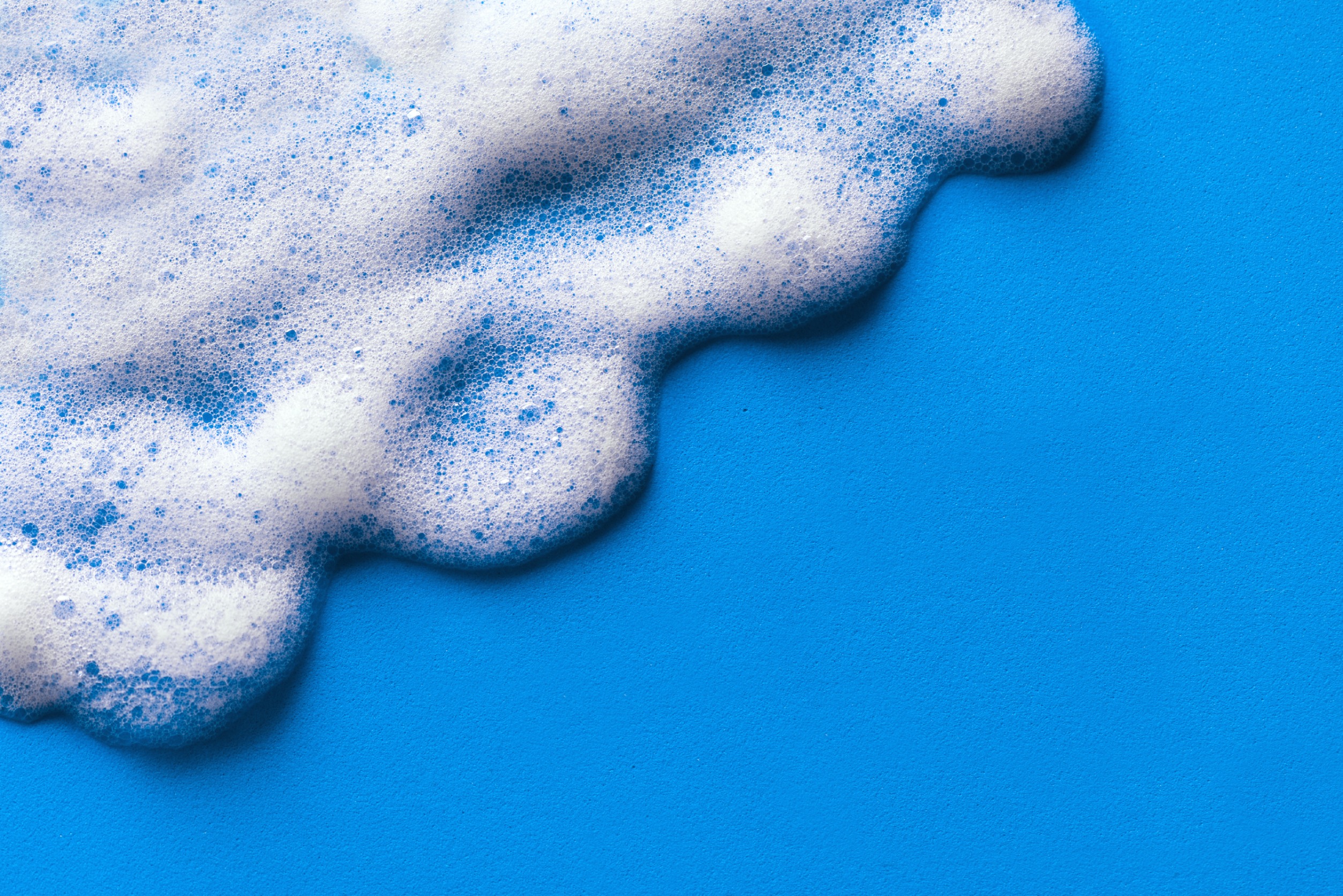Benefits of Using Defoamers to Enhance Operational Efficiency
Benefits of Using Defoamers to Enhance Operational Efficiency
Blog Article
The Duty of Defoamers in Enhancing Product High Quality and Efficiency
In various manufacturing processes, the visibility of foam can substantially hinder product quality and functional performance. Defoamers work as important ingredients that reduce this problem, guaranteeing smoother production workflows while improving the visual and practical features of the end products (defoamers). Their application extends a multitude of industries, from food and drink to pharmaceuticals, where uniformity and dependability are vital. The selection of the appropriate defoamer can be essential to achieving optimal results, elevating crucial concerns concerning solution compatibility and efficiency metrics that warrant more exploration.
Understanding Defoamers
Comprehending the duty of defoamers is crucial for maintaining item quality throughout various sectors. Defoamers are chemical additives made to lower and prevent the development of foam in fluid systems, which can detrimentally influence processes such as blending, filling, and surface stress. Frothing can lead to ineffectiveness, item flaws, and jeopardized aesthetic allure, making defoamers an essential component in manufacturing operations.
In commercial applications, defoamers aid to boost item uniformity and stability. The reliable usage of defoamers not just makes sure smoother manufacturing processes but likewise adds to superior item efficiency.
Furthermore, the option and formulation of a defoamer should align with particular application needs, such as compatibility with various other components, effectiveness under varying temperature and pH problems, and potential regulative restrictions. Eventually, recognizing defoamers' functions and their importance in different formulations is essential for enhancing production and making certain the best quality end items.
Kinds Of Defoamers
Defoamers can be classified into numerous kinds based upon their make-up and mechanism of action. The primary types include silicone-based, non-silicone organic, and inorganic defoamers.
Silicone-based defoamers are amongst one of the most efficient, mainly as a result of their capacity to spread out rapidly on the liquid surface area and interfere with foam formation. Their special chemical framework enables superior stability, making them ideal for high-temperature applications and atmospheres with differing pH degrees.
Non-silicone natural defoamers, often composed of all-natural oils or fats, are valued for their biodegradability and lower poisoning. These are usually utilized in food and beverage applications where security and ecological impact are critical.
Not natural defoamers, which include substances like talc or calcium carbonate, act by increasing the density of the fluid, thereby lowering foam stability. They are commonly used in industrial procedures where compatibility with other materials is not an issue.
Each kind of defoamer has unique benefits and limitations, permitting customized options relying on the details frothing issues experienced in numerous applications. Understanding these differences is important for maximizing efficiency and attaining preferred product high quality.
Applications Throughout Industries
Various markets take advantage of defoamers to improve product high quality and operational performance. In the food and drink market, defoamers are important in procedures such as developing and dairy products production to avoid foam formation, which can lead to inefficiencies and product variance. By managing foam, producers can guarantee much better return and a much more consistent product.
In the pharmaceutical sector, defoamers play an essential duty in the solution of liquid medications, where excessive foam can restrain mixing and exact dosing. Their usage helps maintain the stability of the formulas and promotes smoother production processes.
The paint and finishings market additionally counts on defoamers to improve the performance of items during application. By minimizing foam, these ingredients guarantee a smoother coating and enhance the aesthetic high qualities of the last item.

Benefits of Making Use Of Defoamers
While the application of defoamers differs throughout sectors, their benefits regularly improve product quality and process efficiency. One substantial advantage is the reduction of foam development during making processes, which can or else bring about manufacturing delays and disparities in product quality. By lessening foam, defoamers enable a smoother flow of products, facilitating much more effective procedures and lowering the probability of tools malfunctions.
Furthermore, the use of defoamers can improve the look and texture of end products. In markets such as layers, paints, and food processing, too much foam can compromise the visual appearances and general top quality, while the proper defoamer application ensures an uniform coating and desirable attributes. Defoamers like it can add to you can try here set you back financial savings by decreasing waste throughout production and maximizing the use of raw materials.

Selecting the Right Defoamer
Choosing the ideal defoamer is essential for optimizing production processes and guaranteeing product high quality. The choice of defoamer influences not only the performance of foam control yet also the overall performance attributes of the end product. Aspects to think about include the kind of application, the chemistry of the formula, and the ecological problems under which the item will be made use of.
Various sectors may need certain defoamer kinds, such as silicone-based, natural, or polymeric defoamers. Comprehending the compatibility of the defoamer with the main components is important to prevent adverse responses that could compromise item honesty. Furthermore, the defoamer's effectiveness in various temperatures and pH degrees should be evaluated to make sure regular efficiency.
Testing the defoamer in small-scale applications can supply beneficial insights right into its efficiency and suitability. Consideration of regulatory compliance, especially in food, pharmaceuticals, and cosmetics, is vital in choosing a defoamer. Eventually, a comprehensive evaluation of these variables will certainly cause the option of a defoamer that not just manages foam efficiently yet also improves the top quality and efficiency of the last item.
Final Thought

In verdict, defoamers are essential ingredients that considerably improve item quality and efficiency across numerous markets. By effectively reducing foam formation, these agents not only improve operational efficiency yet also add to the visual and functional integrity of products. The critical selection Recommended Site and application of defoamers cause cost financial savings, maximized resource usage, and raised client satisfaction. On the whole, the significance of defoamers in industrial processes can not be overemphasized, as they play a crucial function in attaining constant and high-grade outcomes.
Foaming can lead to inefficiencies, item problems, and jeopardized aesthetic charm, making defoamers a critical component in manufacturing procedures.

Report this page